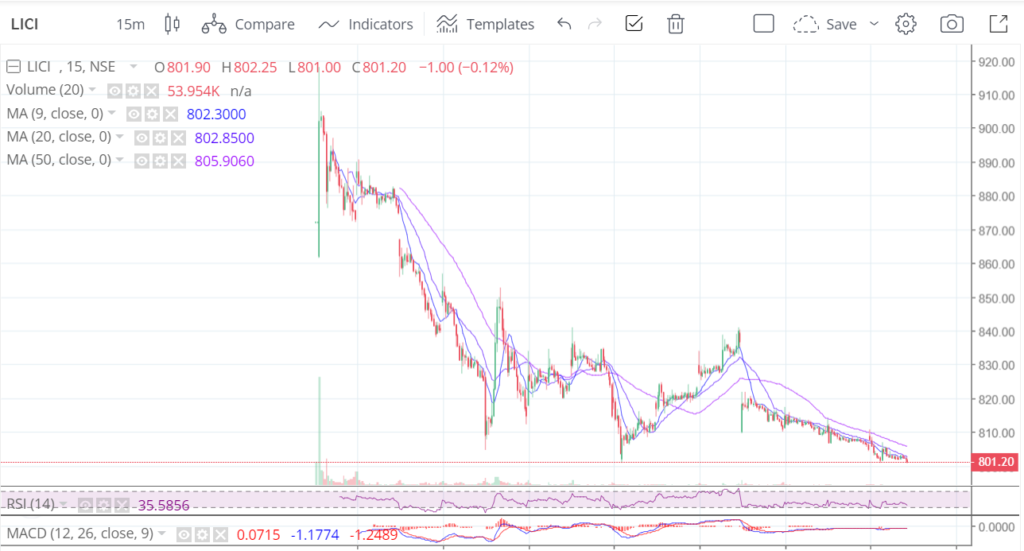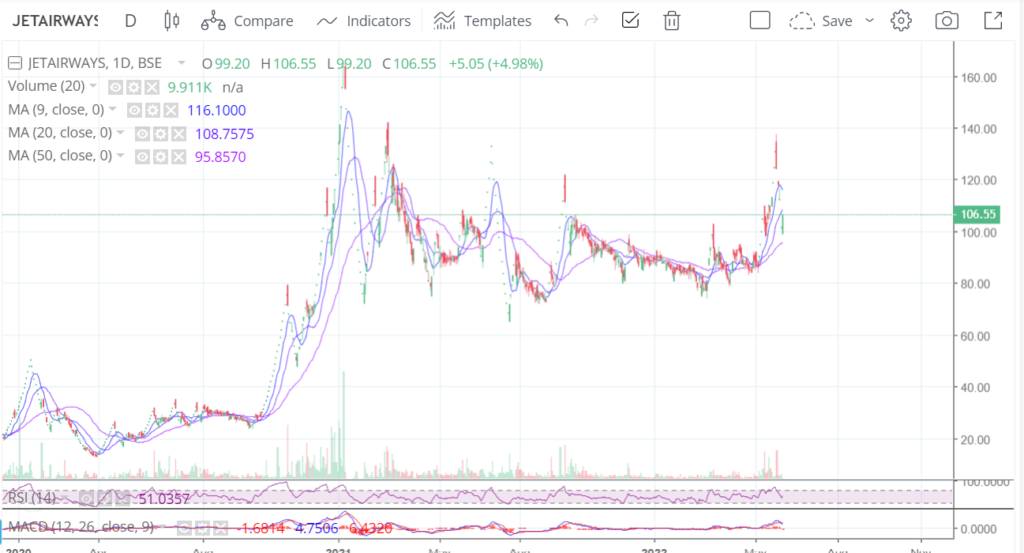You understand that the stock market can help you make money, but you’re not clear on how investors decide when to purchase and sell. Perhaps you’ve come across terminology like “noise trader” or “arbitrage trader” and want to learn more. In any case, a look at some of the most frequent types of trading techniques can provide you with a better understanding of the trading terminology and strategies employed by different individuals looking to make money in the markets.
Understanding these tactics might assist you in determining which one best suits your personality.
Fundamental Trader
Fundamental trading is a strategy of determining which stock to buy and when to acquire it by focusing on company-specific events. Consider a hypothetical excursion to a shopping centre to put this in context. A fundamental analyst would go to each store in the mall, examine the goods being sold, and then determine whether or not to buy it.
While trading on fundamentals can be done in both short and long terms, fundamental analysis is frequently linked with long-term investing rather than short-term trading. With that in mind, determining what constitutes “short term” is crucial.
Meanwhile,do not forget to check out our fundamental analysis course by learning sharks share market institute.
Some trading techniques are based on split-second decisions, while others are based on trends or factors that play out over the course of a day; the fundamentals, on the other hand, may not alter for months or even years. On the shorter end of the spectrum, the publishing of a company’s quarterly financial statements, for example, might reveal whether or not the company’s financial health or market position is improving. Changes (or lack thereof) can be used as trading signals. A press release revealing terrible news, on the other hand, might change the fundamentals in an instant.
Many investors prefer fundamental trading since it is based on logic and facts. Of course, discovering and analysing those facts is a time-consuming and research-intensive process. Another obstacle is the financial markets themselves, which, despite vast amounts of data to the contrary, do not always behave logically (particularly in the near term).
Noise Trader
Noise trading is a type of investment in which buy and sell decisions are made without using basic data related to the company that issued the assets being purchased or sold. Short-term transactions are typically made by noise traders to profit from various economic developments.
While technical analysis of market activity information such as past prices and volume might reveal patterns that can predict future market activity and direction, noisy traders frequently have poor timing and overreact to both good and negative news.
Despite the fact that such a description may not sound favourable, most people are called noise traders since relatively few people make financial decisions exclusively based on basic analysis.
Let’s return to our earlier analogy of a trip to the mall to put this approach in context. A technical analyst, unlike a fundamental analyst, might sit on a mall bench and observe people enter stores. The technical analyst’s choice would be based on the patterns or activities of people entering each store, regardless of the underlying value of the things in the store.
Technical analysis, like other data-driven tactics, can be time-consuming and may necessitate urgent decisions to capitalise on anticipated possibilities.
Sentiment Trader
Sentiment traders try to spot and profit from trends. They don’t try to outsmart the market by identifying fantastic investments. Instead, they try to find equities that are moving in lockstep with the market.
In order to identify and participate in market moves, sentiment traders integrate parts of both fundamental and technical analysis. Swing traders use indicators of excessive optimistic or negative sentiment as indicators of a potential reversal in mood, whereas contrarian traders use indicators of excessive positive or negative sentiment as indicators of a potential reversal in sentiment.
Trading expenses, market volatility, and the difficulty of precisely anticipating market sentiment are all issues that sentiment traders face. Professional traders have more experience, leverage, information, and fewer commissions than retail traders, but their trading tactics are limited by the assets they trade. As a result, skilled traders and huge financial organisations may prefer to trade currencies or other financial instruments rather than stocks.
Early mornings examining trends and identifying prospective stocks for buy or sale are generally required for success as a sentiment trader. This type of analysis can take a long period, and trading techniques may need quick timing.
Market Timer
Market timers aim to predict which way security will move (up or down) in order to profit from that movement. They usually use technical indicators or economic data to forecast the movement’s direction. Some investors, particularly academics, do not believe it is feasible to precisely forecast market fluctuations. Others, particularly those involved in short-term trading, have the opposite viewpoint.
Market timers’ long-term track record implies that success is difficult to come by. Most investors will discover that they are unable to devote sufficient time to this project in order to reach a consistent level of success. Long-term plans are frequently more pleasant and profitable for these investors.
Day traders, on the other hand, would argue that market timing can be a winning approach when trading technology stocks in a bull market. Market timing, according to investors who bought and sold real estate during a market boom, can be advantageous. Just remember, as investors who lost money in the tech crash and real estate bust will confirm, it’s not always easy to know when to exit a market. While short-term earnings are feasible, there is little evidence to suggest that this technique is viable in the long run.
FUN FACT
Depending on your personality, you could be more than one sort of trader or none at all.
Arbitrage Trader
Arbitrage traders buy and sell assets at the same time in order to profit from price fluctuations between identical or comparable financial instruments traded on separate markets or in different forms. Arbitrage is a process that ensures prices do not diverge significantly from fair value over long periods of time as a result of market inefficiencies. When it works, this form of trading is generally linked with hedge funds, and it can be a relatively simple way to generate money.
For example, if a security trades on multiple exchanges and is cheaper on one, it can be purchased at a lower price on one platform and sold at a greater price on the other.
In conclusion
So if none of these trading tactics appears to fit your personality? There are a variety of additional tactics to consider, and with a little research, you might be able to find one that is ideal for you. Perhaps the key element driving your buy/sell decisions is proximity to your financial goals rather than company-specific considerations or market indicators. That’s OK.
Some people trade in order to fulfil their financial objectives. Others simply buy, hold, and wait for asset values to rise over time.













